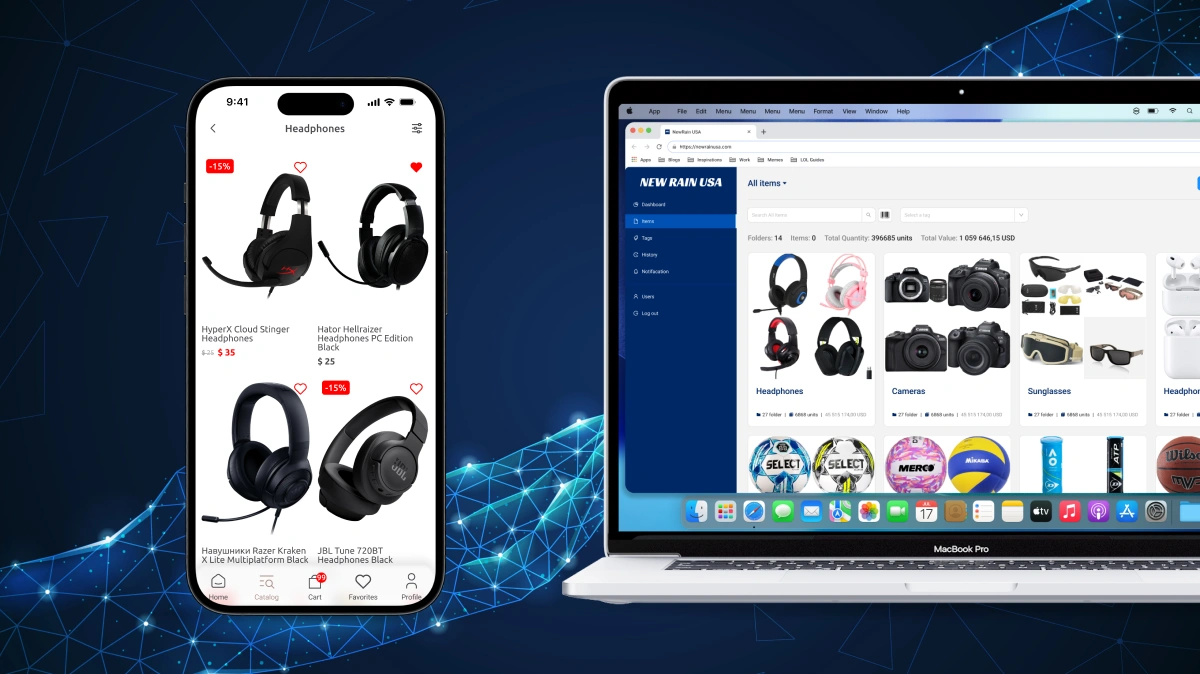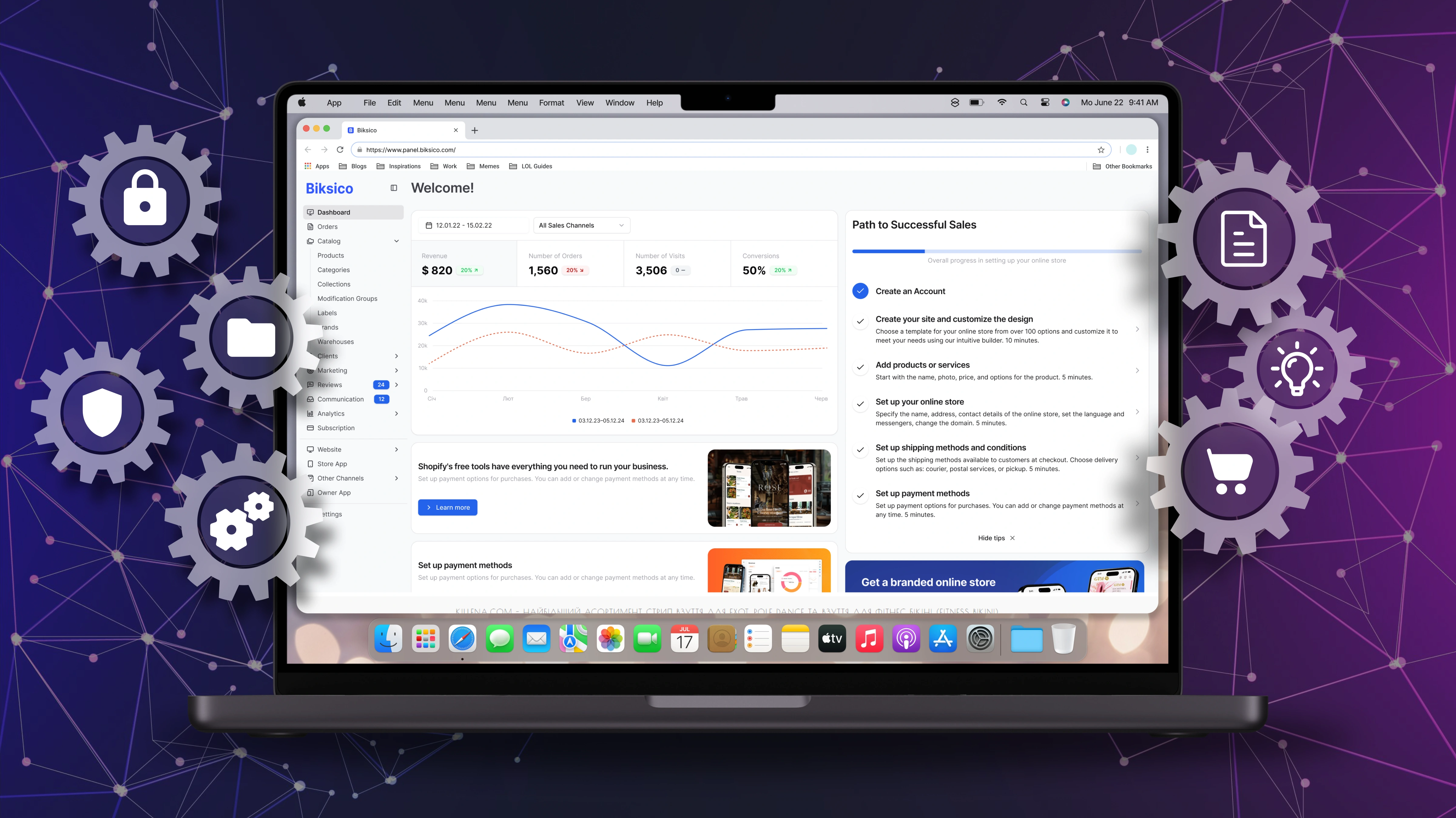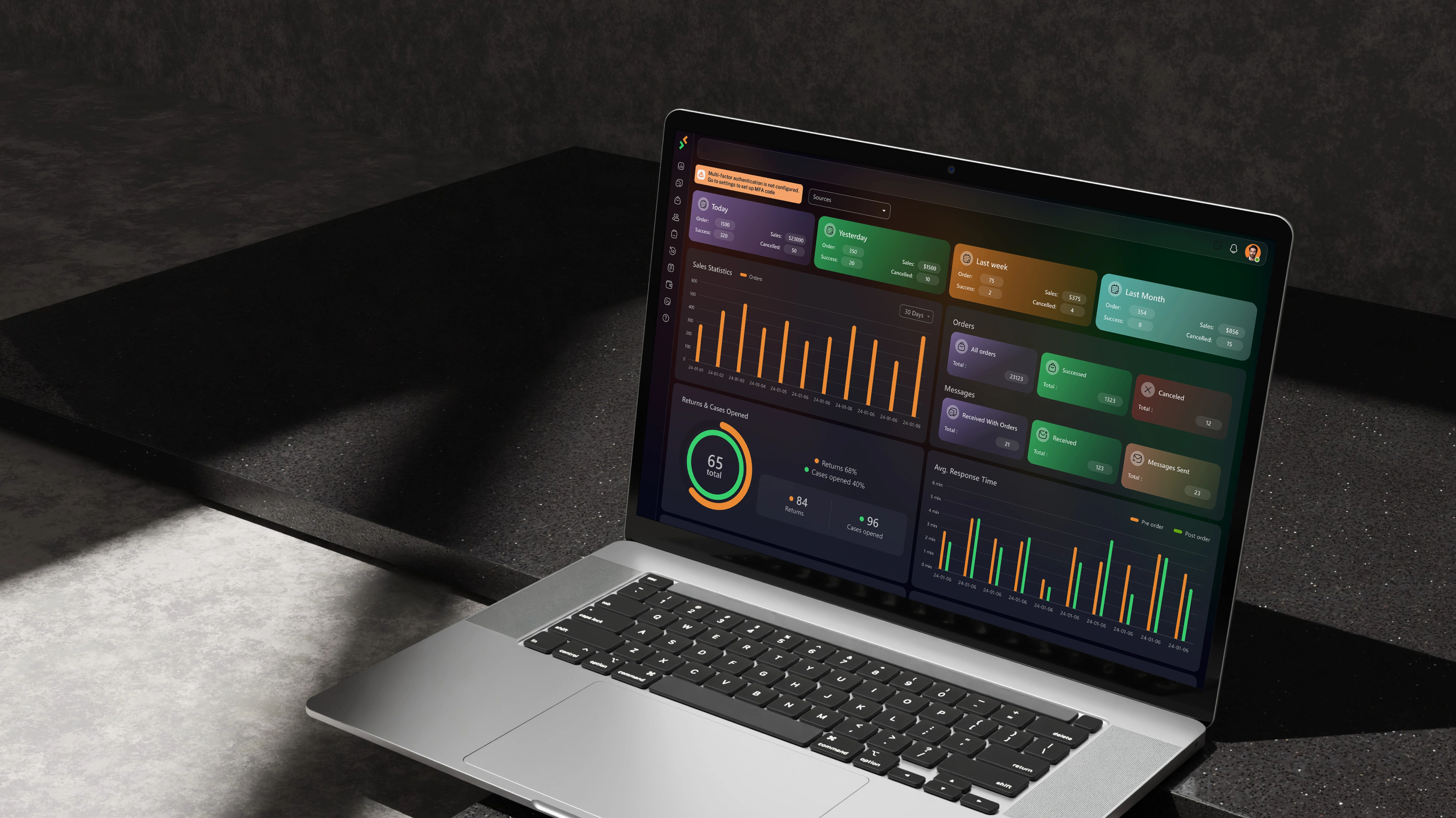
In 2025, app-CRM integration is a key tool for businesses aiming to enhance customer loyalty and boost sales. The growing volume of customer data and demand for personalized user experiences make CRM integration essential for restaurants, stores, services, and small businesses. This article explores how app-CRM integration benefits businesses, drives growth, and how to optimize it for organic traffic.
Why CRM Integration Matters in 2025?
App-CRM integration transforms customer management by enabling real-time data synchronization. Analysts predict the mobile app market will reach $600 billion, with CRM integration increasing conversions by 30%. CRM integration offers businesses:
- Personalization: AI for tailored offers.
- Automation: Syncing orders and customer data.
- Sales growth: Targeted campaigns based on data.
- Competitive advantage: Quick response to customer needs.
SEO Tip: Use keywords like "app-CRM integration", "CRM for business", or "personalized experience" in App Store and Google Play descriptions to attract organic traffic.
1. Improved Customer Management
App-CRM integration centralizes customer data, simplifying management.
Benefits
- Data synchronization: Automatic updates from the app to CRM.
- Analytics: Tracking behavior for better service.
- Efficiency: Faster response to customer queries.
How to Implement?
- Integrate HubSpot or Salesforce with the app via API.
- Set up automatic order data transfer.
- Use Google Analytics for customer behavior analysis.
2. Enhanced Personalization
CRM integration enables personalized offers, boosting customer loyalty.
Benefits
- Recommendations: AI for tailored offers based on history.
- Push notifications: Personalized promotions via the app.
- Sales growth: Targeted campaigns increase conversions.
How to Implement?
- Integrate Firebase for personalized push notifications.
- Use TensorFlow for AI recommendations.
- Sync data with CRM for targeting.
3. Real-Time Data Synchronization
App-CRM integration ensures real-time data sync, improving business efficiency.
Benefits
- Automation: App data automatically transfers to CRM.
- Analytics: Comprehensive customer data analysis.
- Time savings: Less manual work for teams.
How to Implement?
- Use Zapier for automated integration.
- Set up API between the app and CRM.
- Test synchronization with Google Analytics.
4. Sales Growth Through Targeting
CRM integration boosts sales through targeted campaigns and automation.
Benefits
- Targeting: Campaigns based on app data.
- Automated emails: Reminders for abandoned carts.
- Conversion: Sales increase by 20–30%.
How to Implement?
- Integrate Klaviyo for email marketing.
- Use Mixpanel for sales analysis.
- Set up automated campaigns in CRM.
5. SEO and Organic Traffic
CRM integration enables data-driven SEO optimization, attracting organic traffic.
Benefits
- Personalized content: Optimization based on customer data.
- ASO: Higher rankings in App Store and Google Play.
- Traffic: Increased organic visits.
How to Implement?
- Use Google Keyword Planner for keywords.
- ASO: Optimize descriptions with CRM data.
- Add Google My Business for local search.
CRM Integration Trends in 2025
- Artificial Intelligence: AI for automated data analysis.
- Voice Interfaces: 40% of users rely on voice commands.
- 5G: Faster data synchronization.
- Security: Biometric authentication for protection.
Tips for CRM Integration
- Choose a CRM: Select HubSpot or Salesforce for your business.
- Set up API: Ensure data synchronization.
- Test: Check integration for speed.
- SEO Focus: Use data for optimization.
- Analyze: Use Google Analytics for evaluation.
App-CRM integration in 2025 is a strategic solution for businesses, boosting sales, loyalty, and efficiency. With data sync and personalization, your business can stand out from competitors. Invest in CRM integration to ensure success in the digital world.



